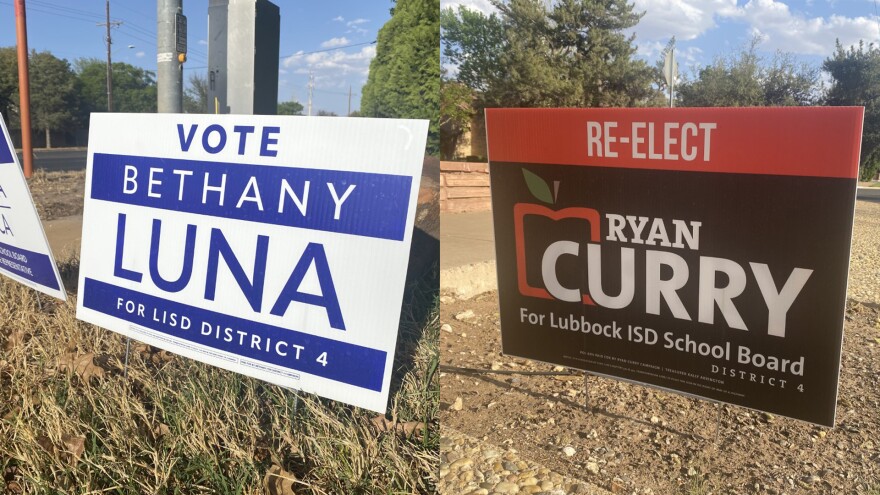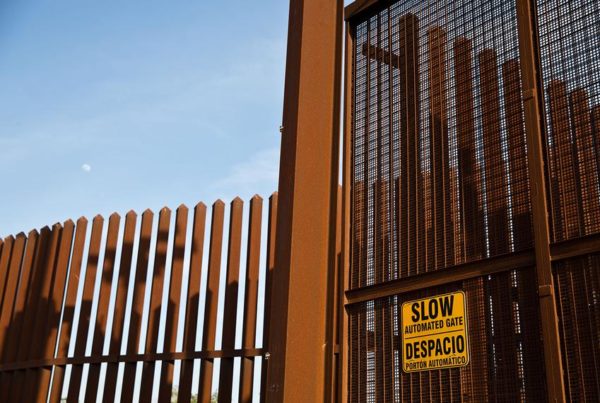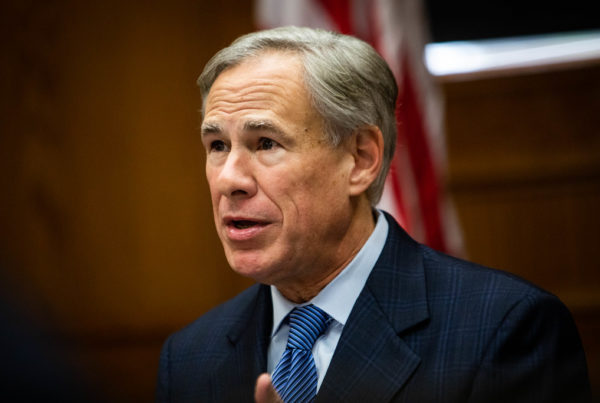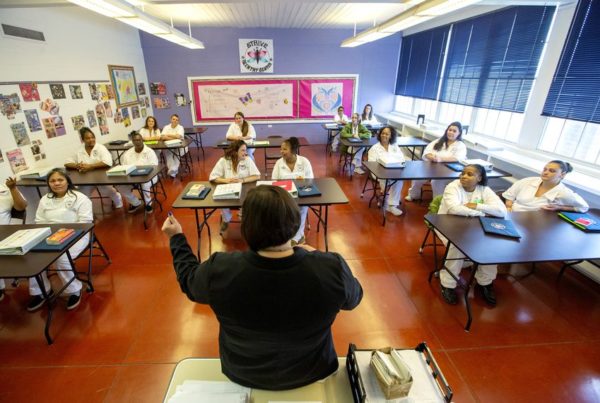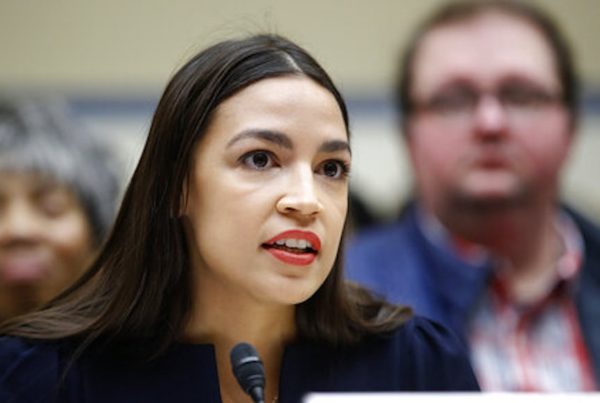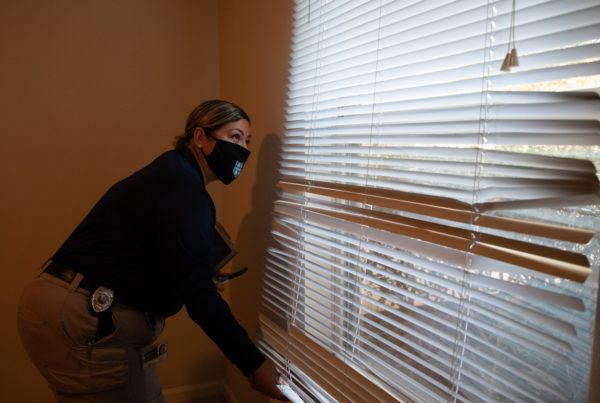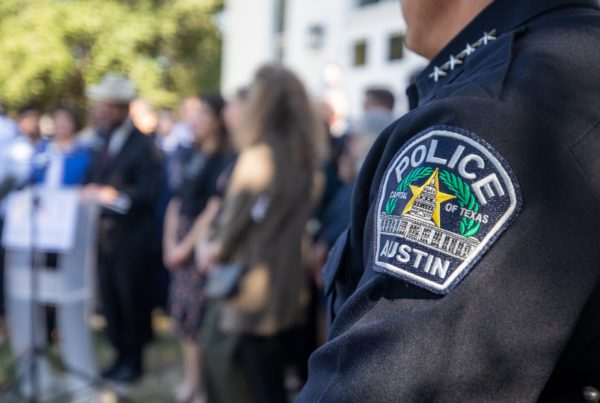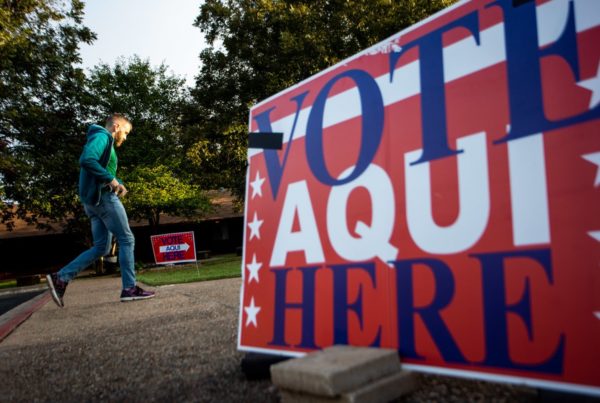Traditionally, school board elections are low-key, low budget races – at least compared to some of the more high-profile offices on a ballot. These positions are non-partisan in Texas and rarely attract attention beyond their own communities. This most recent election cycle was different, however.
Deep-pocketed donors and political action committees spent generously in school board races this year. And their cash seems to have made a difference. Talia Richman, a reporter for the Dallas Morning News’ education lab, said that more than 10 PACS with a conservative bent have formed in North Texas, with organizers ranging from local families to large companies.
“They were really energized by these culture war issues that have really dominated public education in recent years, talking about critical race theory, the appropriateness of certain library books, parental rights, things like that,” she said.
RELATED: Passion, and partisanship, fueling interest in Lubbock school board races
Richman said that in school board races, which typically have low turnout, candidates backed by big money “can get a really activated group of voters who care a lot about a certain issue, and they can sway the outcome.”
“So that money means you can step up voter outreach. You can send lots of mailers with your messaging, with your information. So specifically in these types of races where a couple hundred, even less, votes can make the difference, money goes a long way for sure.”
Richman noted that school boards hold tremendous power in districts’ day-to-day operations, leadership and priorities, including hiring superintendents and deciding whether to adopt the Texas Education Agency’s new library policy.
“I think the best example of what it can look like when people with an overt conservative bent get onto school boards is Southlake Carroll … when conservative trustees were elected there, their district diversity council was eventually disbanded and their cultural competency plan rejected,” Richman said. “I think we’ll have to watch and see how much having this bigger political presence in schools will change outcomes.”


